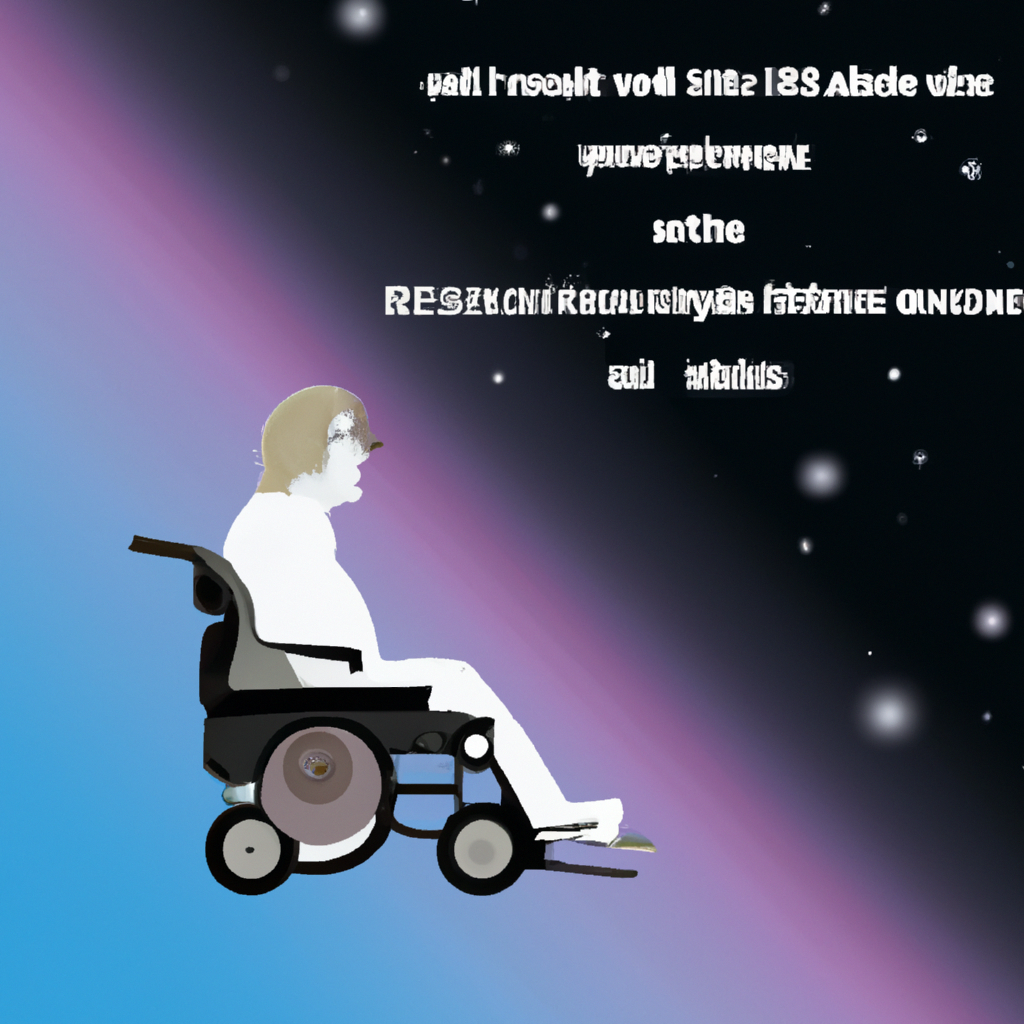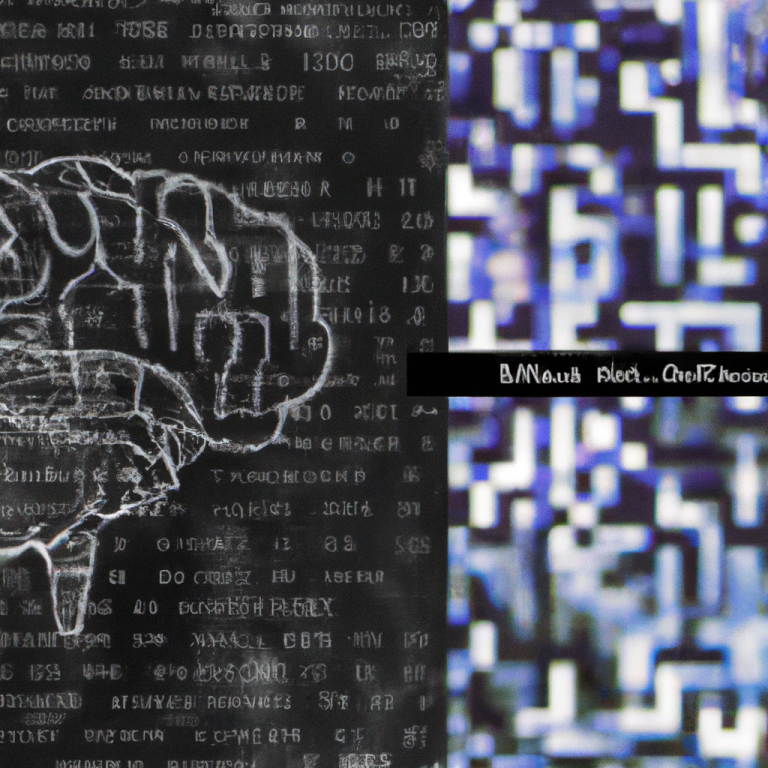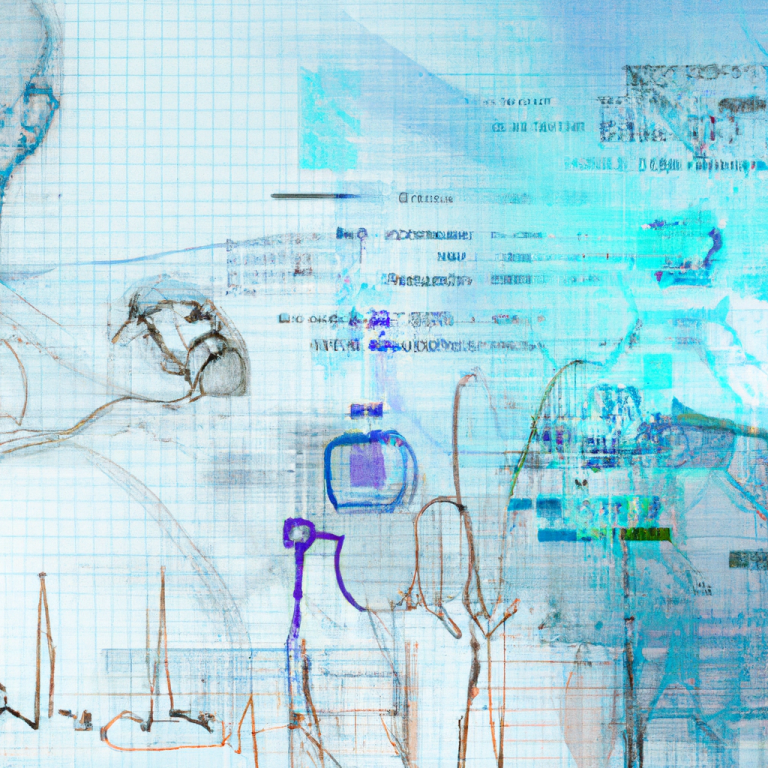One famous example of someone who battled ALS is the renowned physicist Stephen Hawking. Diagnosed with ALS at the age of 21, Hawking defied the odds and continued his groundbreaking work in theoretical physics for over five decades, becoming one of the most brilliant minds of our time. His resilience and determination in the face of an incurable disease have made him a symbol of hope and inspiration for people around the world.
ALS affects each person differently, with symptoms varying from person to person. These symptoms typically begin with muscle weakness, gradually progressing to muscle atrophy and eventual paralysis. As the disease progresses, individuals may also experience difficulties with speech, swallowing, and breathing.
It is important to note that ALS does not affect a person’s intellectual capabilities or sensory functions. Stephen Hawking, despite being confined to a wheelchair and losing the ability to speak due to the disease, continued to enhance our understanding of the universe through his groundbreaking scientific contributions. He utilized a speech-generating device and his incredible mind to communicate and share his knowledge with the world.
ALS is an incurable disease, and the exact cause is still unknown. However, research suggests that a combination of genetic and environmental factors play a role in its development. The average life expectancy after diagnosis is two to five years, although some individuals can live longer with the disease.
Although there is no cure for ALS, there are treatments available to manage symptoms and improve the quality of life for those affected by the disease. These treatments may include physical therapy, occupational therapy, speech therapy, and the use of assistive devices such as communication aids, wheelchairs, and breathing machines.
Support and advocacy groups, such as the ALS Association, provide resources and assistance to individuals living with ALS and their families. These organizations work tirelessly to promote research, raise awareness, and improve the lives of those affected by this debilitating condition.
The story of Stephen Hawking serves as a reminder of the incredible strength and resilience that individuals with ALS possess. His determination to continue making significant contributions to science despite his physical limitations is an inspiration to us all. Through his unwavering spirit, he proved that life’s biggest challenges can be overcome, and that the human mind has the power to transcend even the harshest of circumstances.



